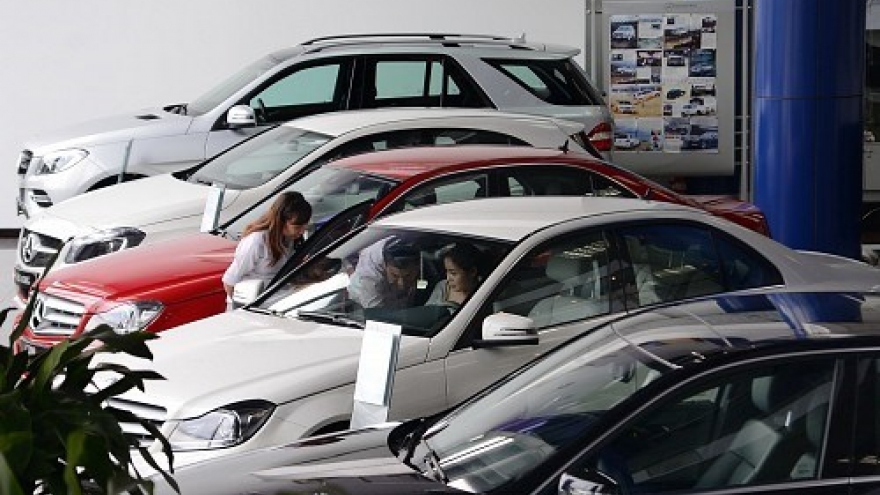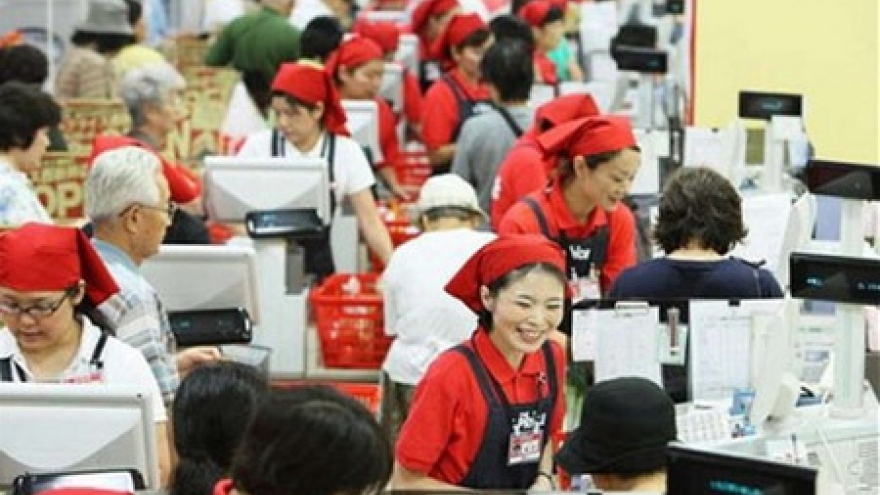Businesses on Facebook escape tax collectors’ net
Management agencies are facing challenges in their efforts to collect debts from Google and Facebook, admitting that they have failed to control businesses through social networks, which attract tens of millions of people.
 |
While Thao’s income from her main job bears different kinds of tax, her income from the business on Facebook is not subject to taxation. She only has to pay money for the ads she posts on Facebook.
Thao is not alone. Not only individuals, but businesses also use social networks as an official sale channel.
Nguyen Duc Viet, the owner of a large pig farm in Ba Vi district in Hanoi, said he had to pay big money in the last few years to advertise his products on Facebook.
Viet commented that social networks’ income may soar in the near future thanks to the sharp increase of daily users.
The free transactions among groups’ members may be done by social networks and put under management.
An analyst commented that Facebook recently has shown its intention to jump into e-commerce by integrating the buy/sell feature and enabling the ‘shop’ feature on fan pages which display goods in an attractive way that is not inferior to an e-commerce site.
He said that business activities on social networks had become so busy that many e-commerce firms had begun using social networks to sell goods and advertise their sites.
Since the transactions are made with no bill released, the real turnover of social networks and e-commerce firms is always a secret.
According to the Ministry of Industry and Trade (MOIT), the sales through e-commerce in Vietnam in 2015 reached US$4.1 billion, an increase of 37 percent over 2014, accounting for 2.8 percent of total retail revenue. However, there are no statistics about the revenue of e-commerce through social networks.
Social networks are now compared with ‘hypermarkets’ where a lot of retailers, from the big companies to small shops do business and make money.
Analysts commented that though the business on social networks has been prospering, taxation bodies cannot collect tax from the business on e-commerce floors.
It is even more difficult to collect tax from businesses on social networks.
ActionAid commented that the failure of tax collection is Vietnam is common. Taxation bodies cannot collect tax from foreign invested big conglomerates which enjoy tax preferences, but also from Vietnamese businesses and individuals.



